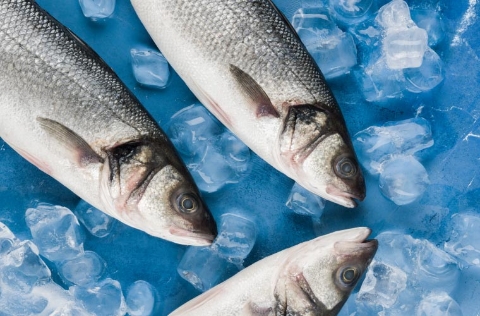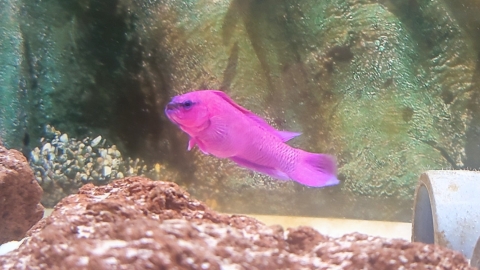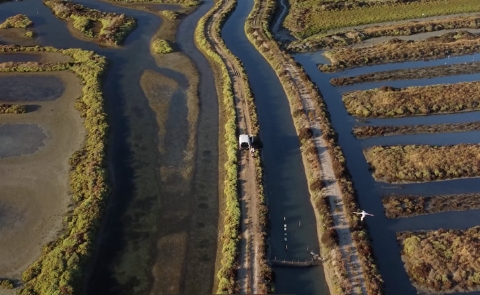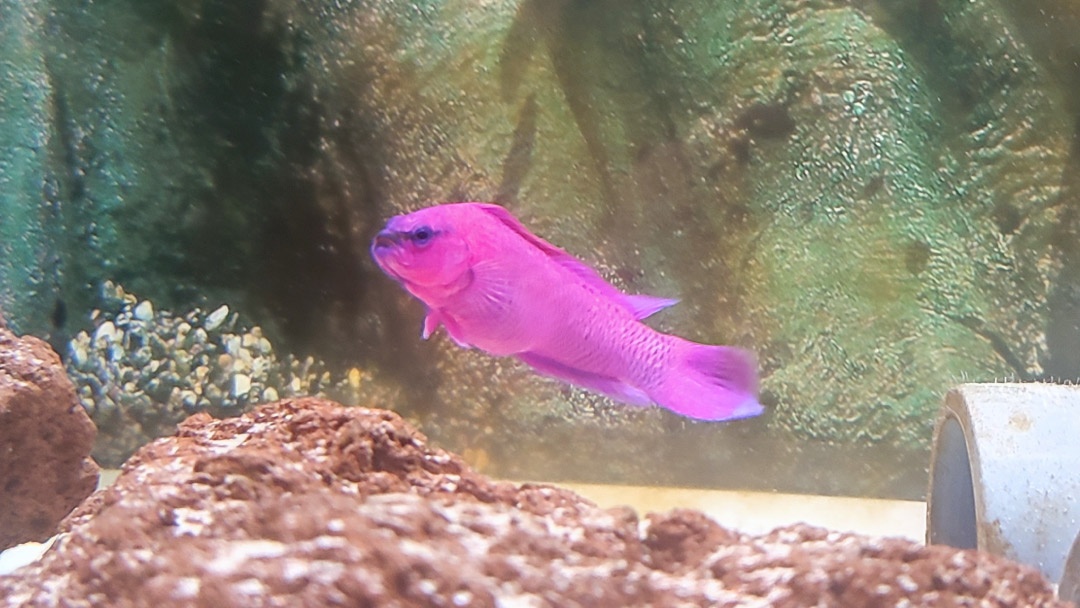 Perca enana - Pseudochromis fridmani
Perca enana - Pseudochromis fridmani
The sustainable breeding of marine ornamental fish in public aquariums takes a significant step forward thanks to new research carried out by the ECOAQUA Institute at the University of Las Palmas de Gran Canaria (ULPGC). The study presents practica technical and biological innovations with potential application in aquarium across the globe.
Among the key developments in a ground-breaking device designed to collect eggs from pelagic species in large tanks. Currently under patent, the tool improves the yield of viable eggs and enhances large-scale breeding programmes, while also reducing environmental impact and increasing operational efficiency.
The research also sheds new light on the reproductive biology of Pseudochromis fridmani-commonly known as the orchid dottyback-a species highly prized in the world of ornamental aquatics. The study explores crucial aspects such as pair formation, spawning behaviour and optimal breeding temperatures, helping to reduce larval cannibalism and improve both fertility rates and fish welfare.
Further progress was made in larval nutrition, where the use of microalgae-enriched copepods (Acartia tonsa) was shown to significantly boost growth and survival rates compared to traditional feeding methods.
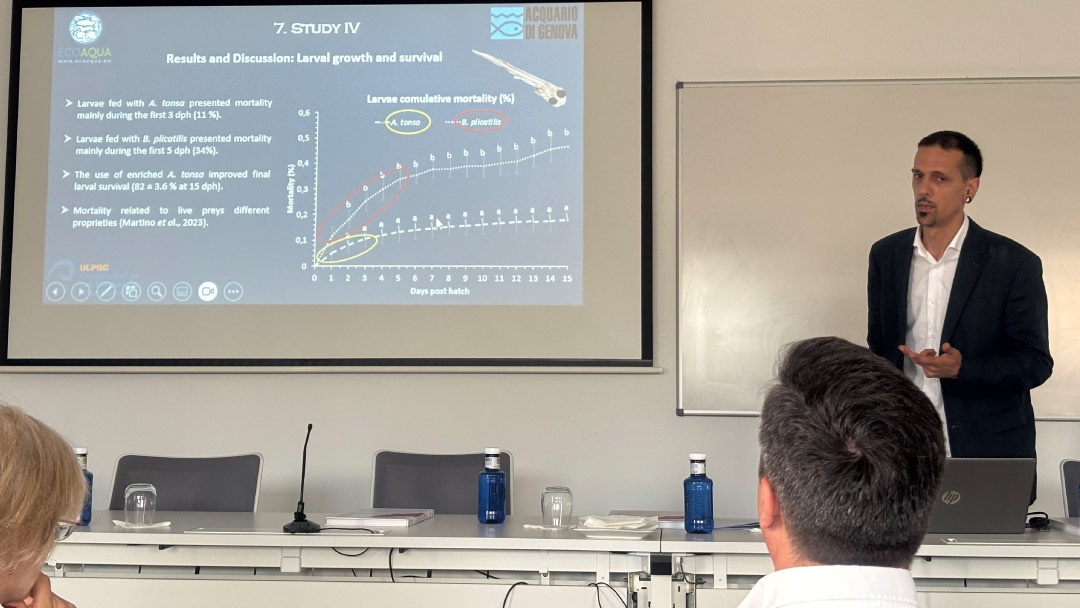 Andrea Martino
Andrea Martino
This research forms part of a doctoral thesis titled “Sustainable Trade of Marine Ornamental Fish: Innovative Aquaculture Practices for Public Aquariums”, presented by Italian aquarist Andrea Martino, of the Aquarium of Genoa. The project was supervised by Daniel Montero (Aquaculture Research Group-GIA) and Francisco Otero-Ferrer (BIOCON Group), both researchers at ECOAQUA.
The thesis, developed under the ULPGC’s PhD programme in Sustainable Aquaculture and Marine Ecosystems (ACUISEMAR), was awarded the highest academic distinction-cum laude-along with international and industrial recognition.
With over 90% of ornamental marine fish still sourced from wild, the study reinforces the vital role public aquariums play as centres for conservation, environmental education, and innovation.
These results strengthen ULPGC’s commitment to marine sustainability and to sharing scientific knowledge with the ornamental aquaculture industry.

